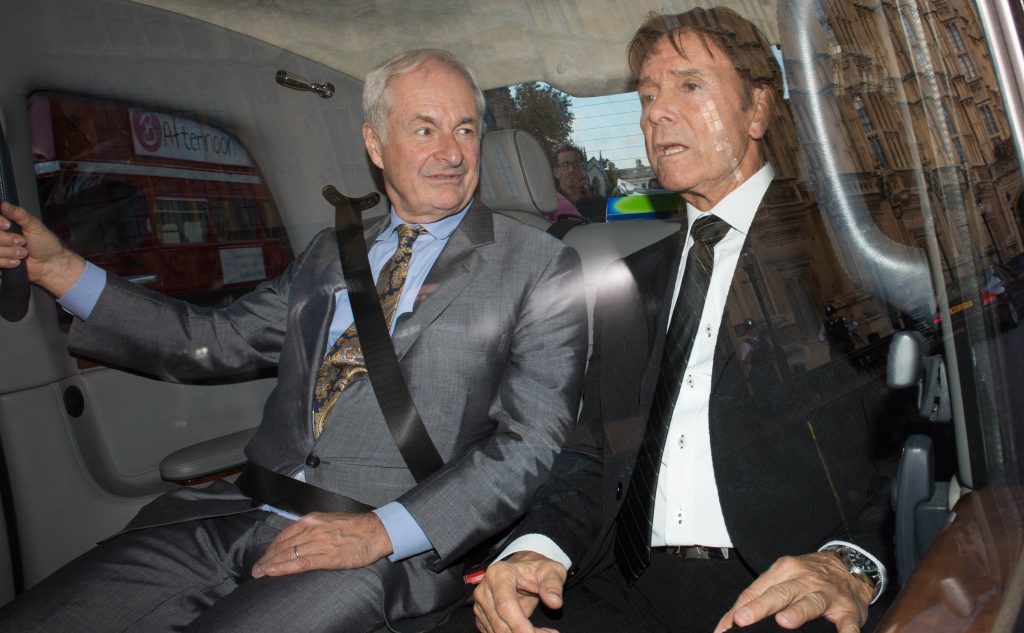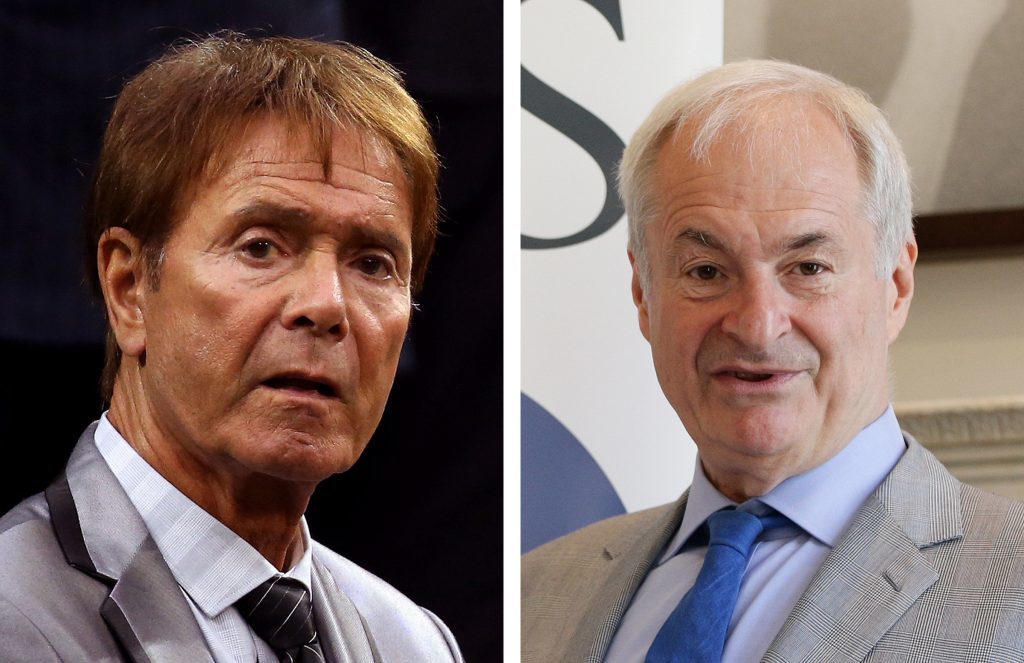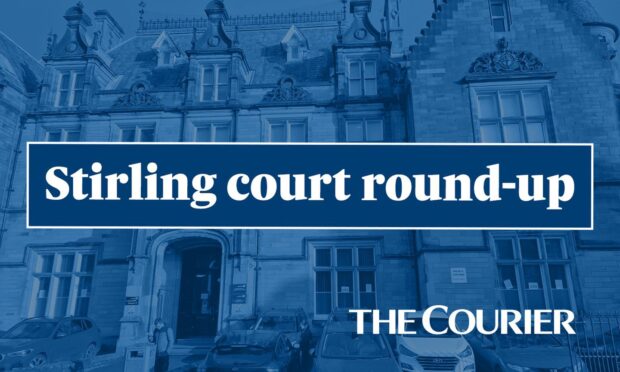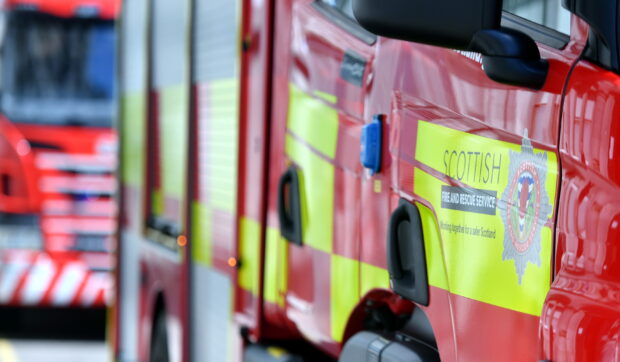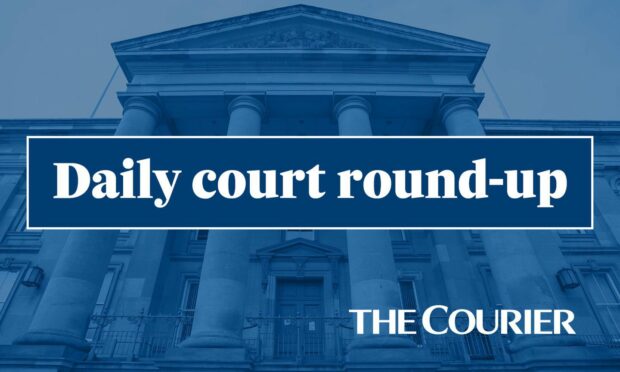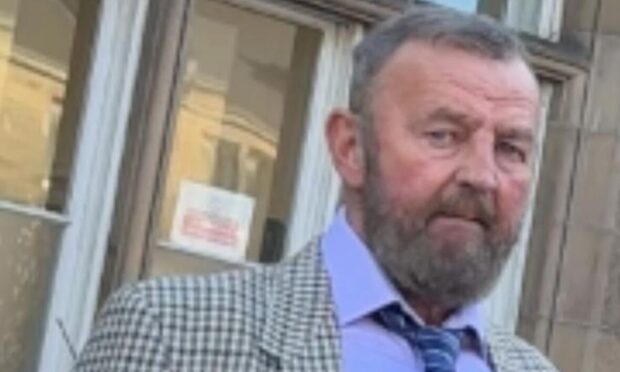Veteran singer Sir Cliff Richard has called for automatic anonymity for people accused of sex crimes – after being cleared of sexual assault. So should the law be changed? Michael Alexander looks at the arguments.
Sir Cliff Richard has told MPs and peers he will be “forever tainted” after being wrongly accused of historic child sex crimes.
The singer, who always denied the allegations and was never charged, is suing the BBC and South Yorkshire Police after a raid on his house was broadcast live on television in 2014.
“Had I not been named I would still have been able to look people in the eye and not feel afraid that they might be thinking that there is no smoke without fire”, he told parliamentarians.
“Instead, I fear I will forever be tainted by the lurid and intrusive coverage I received.”
Sir Cliff, 76, is backing a campaign to change the law so sex crime suspects are not named unless they are charged.
The singer was the subject of a 22-month South Yorkshire Police investigation, centred on accusations dating between 1958 and 1983 made by four men.
Earlier this year, prosecutors said no charges would be brought and a review later confirmed the decision.
Radio DJ Paul Gambaccini, who accompanied Sir Cliff to parliament, was also arrested on suspicion of historical sex offences in 2013 before being told he would not be charged.
Under the law complainants of alleged sexual assaults are guaranteed life-long anonymity, but no form of anonymity is available for the accused.
So should the law be changed to protect the identity of the accused, or would this be a retrograde step for victims of sexual crime?
Dundee-raised solicitor Michael Boyd, 43, of Boyds Law (Solicitors and Estate Agents) in Forfar, has been a lawyer for 13 years and has represented several sexual offence accused during that time.
Mr Boyd agrees with Sir Cliff in that he does not think a suspect should be named publically during the early stages of an investigation.
However, if they are charged and the case proceeds to the point where the suspect appears in court on petition, then he thinks it is “more acceptable” for the accused to be publicly named.
“One of the reasons the law might have to be looked at is because of the role of modern media,” he said. “What use is anonymity if you can go on social media and find the name?”
Former police officer Brian Paddick is leading proposals for a change in the law.
Lord Paddick believes the changes, which would ban the publication of an accused’s name before they are charged, could be in place by the end of the year.
He said: “Particularly in the wake of the Jimmy Savile revelations, most people are very well aware of the impact historical child abuse has had on the survivors of such offences.
“No matter who they are – whether they are a local school teacher whose arrest makes it into the local newspaper, or whether it’s somebody like Cliff Richard, who has never been arrested but the allegations against him were all over the BBC and the national media, clearly it can have a devastating effect both on the individual’s reputation and potentially on their careers.”
The proposal to amend the Policing and Crime Bill would make it illegal for anyone to publicly name someone arrested on suspicion of a sex crime, unless they were charged.
But campaigners for abuse victims say naming suspects encourages people to come forward.
A spokesperson for Rape Crisis Scotland said: “Anonymity for those accused of serious crimes would be a retrograde step in the context of sexual offences.
“There have been many cases where identification and conviction of a perpetrator would not have been possible if women had not been made aware of his identity.
“Knowing who their attacker was and that were not alone in having suffered at his hands is sometimes the single factor that allows women to come forward and can significantly enhance their chances of receiving justice when they do.
“Rapists rely on the terror, shame and trauma that so often keeps women silent, and in some cases assault one woman after another many times before there is any prospect of discovery.
“Police are clear that it is key to their intelligence that the identity of the accused be made known, in order that information from a range of complainers can be linked, recorded and, where appropriate, the Moorov doctrine applied.
“Introducing anonymity for the accused in rape cases would have a significant impact on the ability of the justice system to protect the public from predatory men.
“There is no evidence that false allegations in rape cases are no higher than for any other crime.”
A spokesperson for Victim Support Scotland added: “We understand the issues people have in relation to publicising the names of those accused of sexual crimes, but the reality is that publicising names can sometimes enable other victims to feel confident about coming forward.”
In 2001 the then Scottish Justice Minister Jim Wallace rejected calls from the UK Men’s Movement for anonymity to be given to men accused of rape, adding there was no evidence of a widespread practice of false accusation.
“That too hinged on concerns victims might not come forward.”
